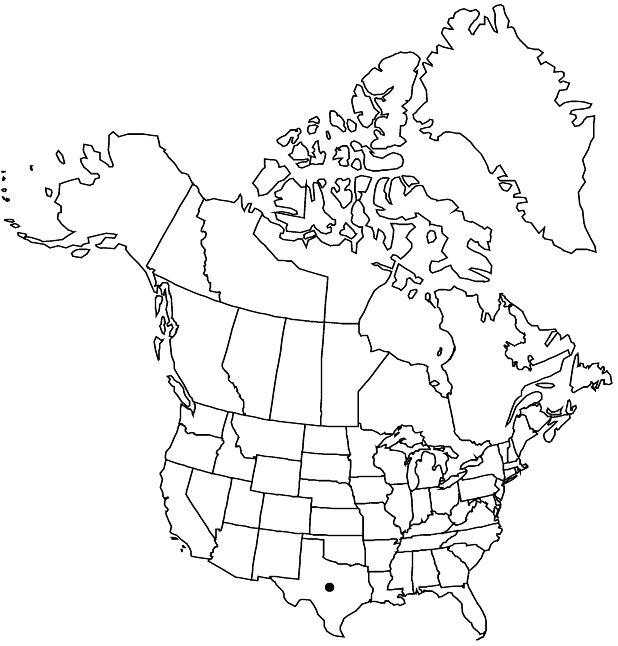Difference between revisions of "Styrax platanifolius subsp. youngiae"
Ann. Missouri Bot. Gard. 84: 744. 1998 ,.
FNA>Volume Importer |
imported>Volume Importer |
||
| (One intermediate revision by the same user not shown) | |||
| Line 57: | Line 57: | ||
|publication year= | |publication year= | ||
|special status= | |special status= | ||
| − | |source xml=https:// | + | |source xml=https://bitbucket.org/aafc-mbb/fna-data-curation/src/2e0870ddd59836b60bcf96646a41e87ea5a5943a/coarse_grained_fna_xml/V8/V8_678.xml |
|genus=Styrax | |genus=Styrax | ||
|species=Styrax platanifolius | |species=Styrax platanifolius | ||
Latest revision as of 22:45, 5 November 2020
Young twigs densely white stellate-pubescent and with scattered, orange-brown or dark-brown, stalked, stellate hairs proximally. Leaf blades: margins often undulate, entire or coarsely toothed, abaxial surface with white, stellate-lanate pubescence in addition to scattered orange-brown or dark-brown, stalked, stellate hairs of various lengths on some leaves, surface completely covered and obscured by pubescence, adaxial surface with scattered, stellate hairs. Pedicels white stellate-lanate. Flowers: calyx with thick layer of white stellate-lanate hairs, margins and teeth sparsely glandular, teeth to 0.6 mm, usually shorter; style hairy from proximal end to 60–80% of total length.
Phenology: Flowering Apr–May; fruiting Jul–Sep.
Habitat: Igneous substrates [limestone]
Elevation: elevation unknown [900-2000 m]
Distribution

Tex., Mexico (Coahuila).
Discussion
Of conservation concern.
Plants of subsp. youngiae in the Davis Mountains, at the only known locality in the United States (“Limpia; canyon”), have not been rediscovered. The Davis range consists primarily of igneous rocks; V. L. Cory (1943) assumed that the type came from an igneous rather than a limestone substrate. All subsequent collections of subsp. youngiae that document substrate have come from limestone. Limestone does occur sparsely in the Davis Mountains and all other subspecies of Styrax platanifolius apparently grow exclusively on limestone or limestone derivatives; subsp. youngiae may occur only on limestone substrates as well.
Selected References
None.